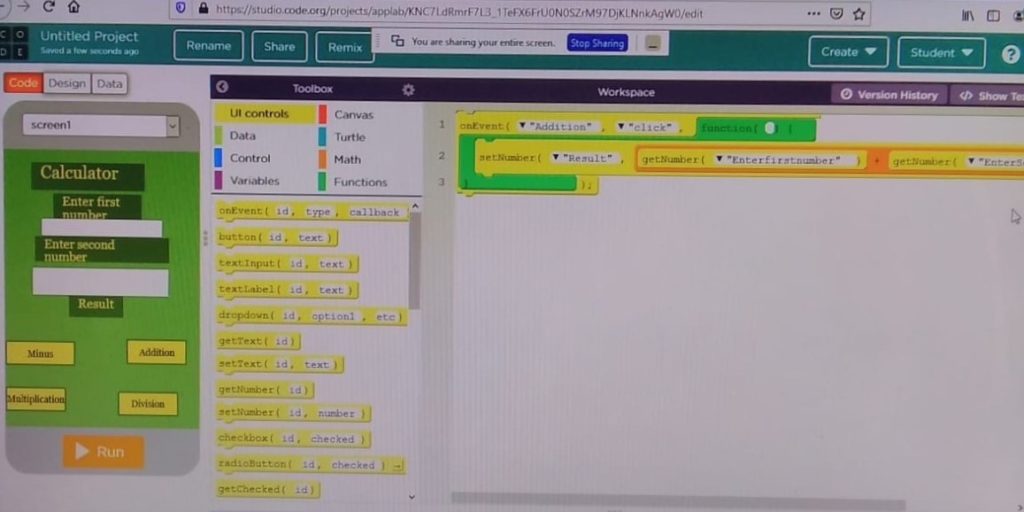Education is one of the primary needs besides food, shelter, and clothing in today’s life. Miracle Foundation India believes education is the major way out of poverty. Almost all the children under our care are first-generation learners of their families. This is one of the major reasons behind their separation, resulting in their entry into the institutional care system. An economically deprived family considers sending their children to institutional care as a better option so that their children will get access to basic education. During our reintegration process, one of the major observations that we made was, every parent/caretaker was concerned about education and requested us to support their children to continue their education post-reunification.
“A study in 2002 found that only 6% of the income from poor households is invested into education and health, while the majority is spent on other necessities such as food and fuel.”
Poverty affects many people. But, arguably, the effects of poverty are seen most in children. And, with many people living below the poverty line in India, the children are sure to bear the repercussions of it. Not only does poverty affect a child’s development and educational outcomes, but it also severely affects a child’s morality and understanding of right and wrong, as they are denied access to the basic fundamental rights of children laid down in the Constitution of India.
This became one of the major problems during the lockdown due to COVID-19 and came as a challenge to help these children from disadvantaged communities continue their education. With school turning virtual, Miracle made sure that every child under its supervision had an undisturbed education. We provided internet-enabled tablets/ mobile phones to children, bridging the gap that might have terminated their education.
Since the pandemic began, Miracle has introduced a couple of programs for its children based on a new syllabus rolled out by the NEP (National Education Policy). The new NEP suggests teaching children how to code from early classes is a good way to keep up with the current situation - with the world transitioning from traditional to technology-dependent in every field. The importance of coding or programming as a massive in-demand skill now which cannot be ignored.
Along with our ongoing initiatives in the education field, we introduced coding- considering it will play a major role in a child’s education, as mentioned in the NEP. We want our children to be up to date and keep up with society. We reached out to a few organizations, namely, CEL (Coding to Enhance Learning) and AptCoder, for introducing coding to our children. We initiated CEL's hackathon program- This program is a series of webinars where children learn about app scratch. A total of 20 keen children from 8 CCIs attended this exciting webinar series and also participated in the hackathon. After completion of the webinar, the children received certificates for participating in the hackathon.
Soon we will do another program with Aptcoder, to help our children to further grow their knowledge & skills on coding. We had a demo session with them, a total of 16 children from 8 Child Care Institutions (CCIs) attended the demo session. The feedback received from children and social workers were positive and they would like to learn & explore more. We are in the process of exploring ways to accommodate this program as well in the near future.
Pratima Kamble
(Program Manager: Education and Youth Advocacy)

